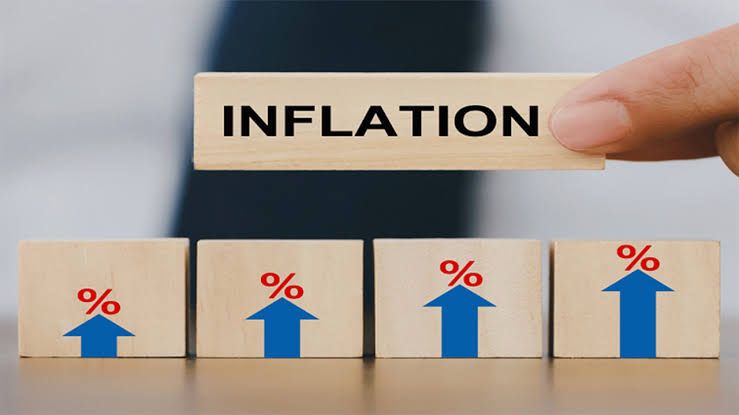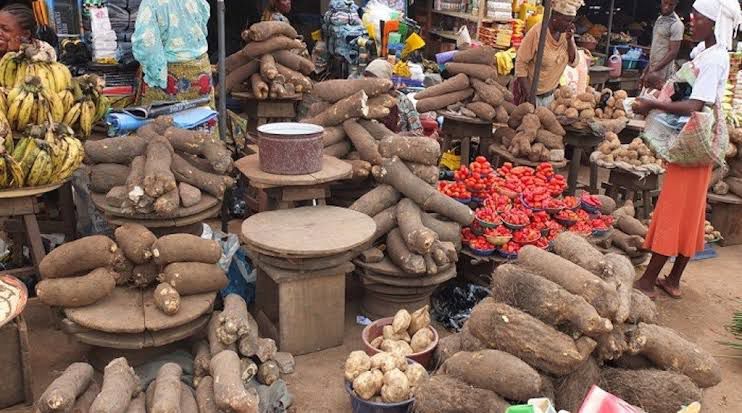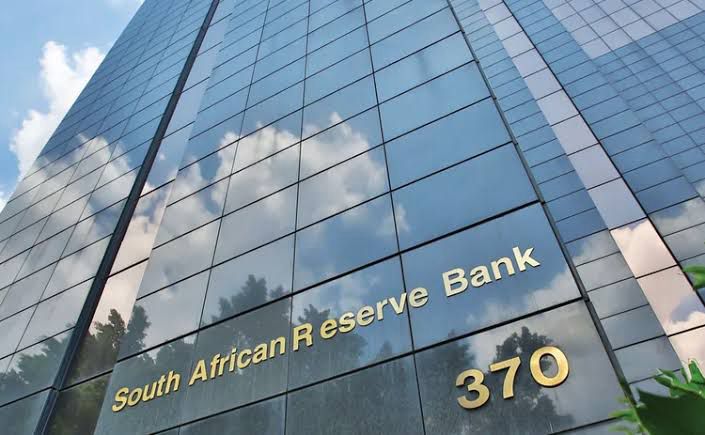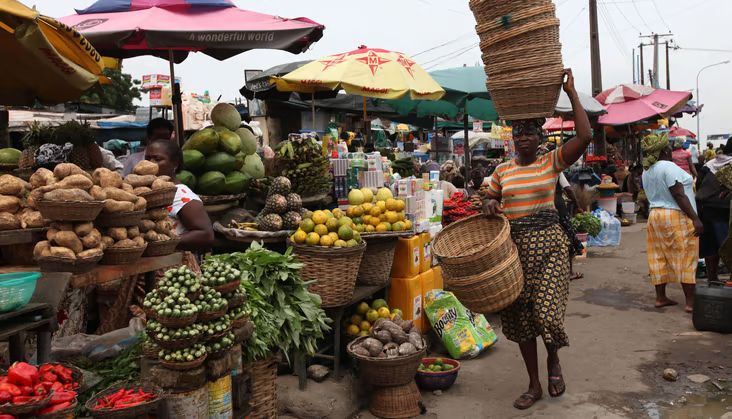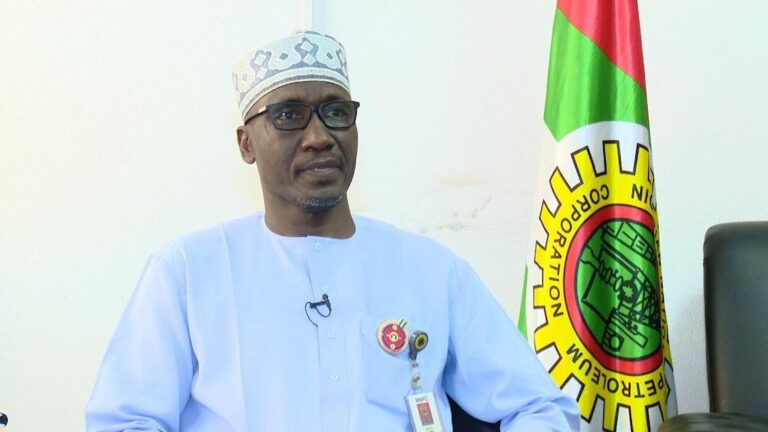The National Bureau of Statistics (NBS) on Friday released its Consumer Price Index (CPI) and inflation report for July 2025, showing a continuous decrease in the cost of living for Nigerians.
“In July 2025, the Headline inflation rate eased to 21.88% relative to the June 2025 headline inflation rate of 22.22%.” NBS noted.
Meanwhile on a month-on-month basis, the Headline inflation rate in July 2025 was 1.99%, which was 0.31% higher than the rate recorded in June 2025 (1.68%).
Since March 2025 Nigeria’s headline inflation has been on a steady decline, with a reduction in price of commodities and services.
Food Inflation Remains High
The report highlighted that the food index played a significant role in the overall inflation figure. The food inflation rate on a year-on-year basis was 22.74%.

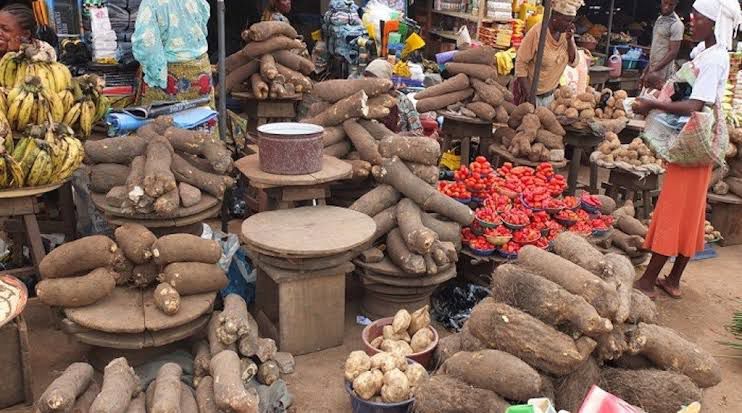
Month-on-month food inflation was 3.12%, a slight decrease from 3.25% in June. This indicates that while the rate of increase in food prices has slowed slightly, they are still rising rapidly and contributing significantly to the financial strain on households.
Core Inflation on a downtrend
The “All items less farm produce and energy” (Core) index, which measures inflation excluding volatile food and energy prices, also showed an a downward trend on a month-on-month basis– core inflation was 0.97%, a significant drop from 2.46% in June, suggesting that the non-food and non-energy sectors experienced a slower price increase in July.
Meanwhile, the report showed an upward trend. On a year-on-year basis, the core inflation rate was 21.33%.
Urban vs. Rural Disparity

The report also broke down the inflation figures by urban and rural areas, revealing a notable difference. Urban inflation on a year-on-year basis stood at 22.01%, while rural inflation was slightly lower at 21.08%.
However, the month-on-month figures showed a different story. The month-on-month urban inflation was 1.86% (down from 2.11% in June), while the month-on-month rural inflation was 2.30% (a sharp increase from 0.63% in June).
This suggests that while urban areas are still facing high inflation, rural areas experienced a more accelerated price increase in July.
Looking Ahead
The CPI figures from the NBS indicate that inflationary pressures remain a key economic challenge for Nigeria. The high cost of food and the persistent rise in overall prices continue to impact the purchasing power of citizens. The government and the Central Bank of Nigeria are expected to continue monitoring these trends and implementing measures to stabilize prices and support economic growth.




